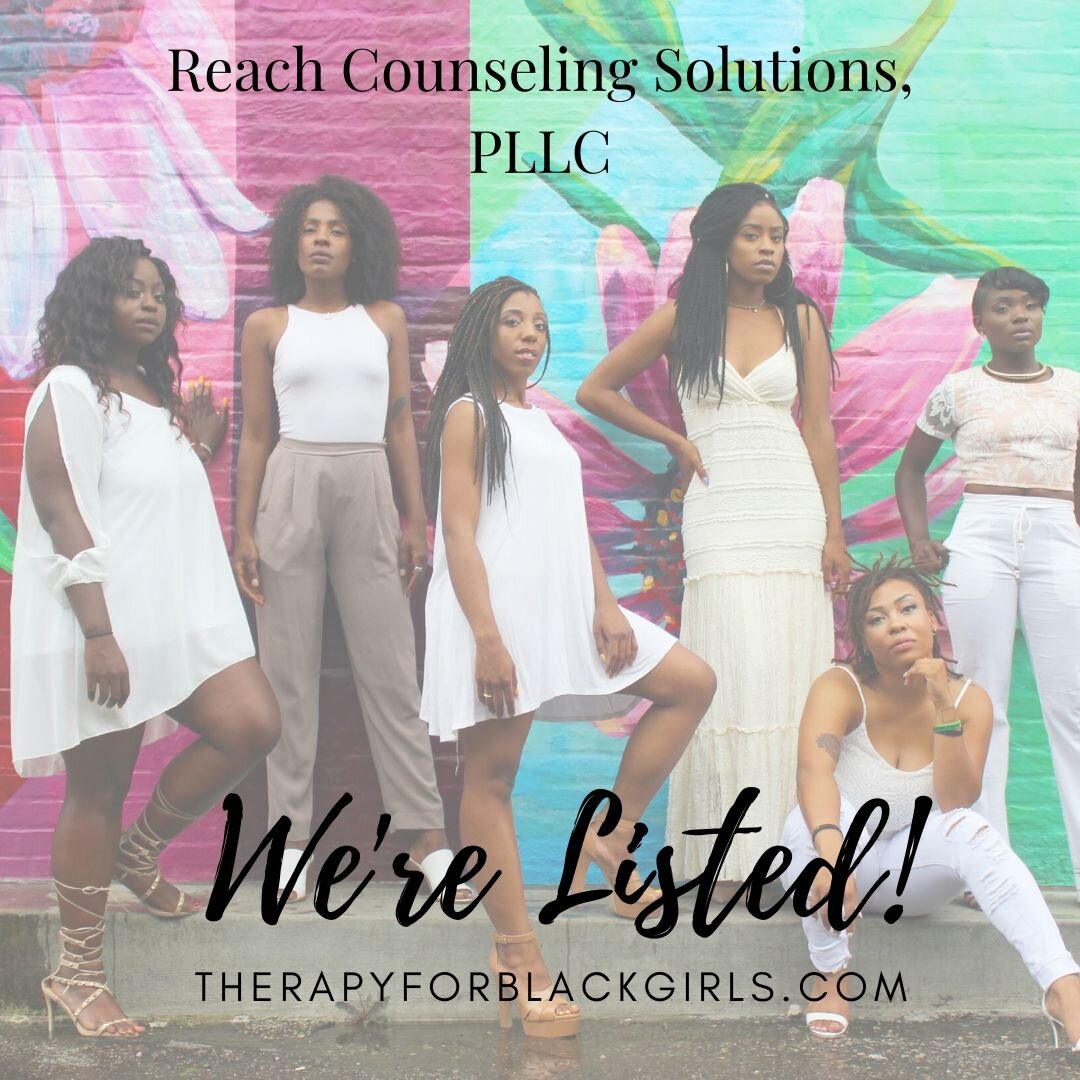Photo by Obi Onyeador on Unsplash
By: Martyna Bobek
The “strong black woman” label suggests that all black women have superhumanstrength and can handle everything independently, without any help. Black women are often expected to uphold consistent strength and resilience, a concept is also known as “superwoman syndrome”.
What about the women who are tired or need support systems, therapy, and understanding?
To live up to this image, and sometimes a burden, of the "superwoman persona" can mean sacrificing your right to ask for help. These labels are damaging and detrimental to the health of millions of black women. How does one share her struggles with depression when she’s convinced the world of her strength? A recent study on psychological stress in black women suggests 5 common elements that factor into the concept of a superwoman persona:
● Feeling obligated to suppress emotions.
● Feeling obligated to display an image of strength.
● Resistance to being vulnerable
● An intense drive to succeed despite limited resources.
● Feeling obligated to help others.
These factors often continue to damage and dehumanize black women. The factors become yet another expectation to uphold— the expectation that you can handle anything without an emotional impact. And suddenly, the strength feels like it's disappearing. You become angry and grow resentful, wondering how everyone else has managed to cope so well.
So how do we lessen the negative effects of the superwoman schema? Depression amongst black women continues to be an enormous concern. And unfortunately, the concept of mental health is still stigmatized within the black community, leaving women to suffer on their own.
Stigma
The Black community has fought with beliefs related to stigma, help-seeking, and psychological and emotional openness, narrowing the quality of care received to treat mental health conditions. As a black woman, you may have been told to “hang in there” because you’re a strong person. You may have never even witnessed anyone in your family express, relate to, or readily admit to experiencing depression. Conversations about mental health and wellness may not have been welcomed. And with an additional lack of representation and ongoing trauma within society, the inner battle of a mental health problem can feel much more lonely.
Although the initiatives that encourage black women to seek help for issues like depression are increasing, a widespread notion that these ailments don't exist is still a reality for many. It's an extension of the stigma surrounding mental health care in the black community that "black people don't get depressed." For a woman who is expected to be strong and confident, depression just doesn't get taken seriously.
There isn't much time for weakness if you're supposed to be a strong black woman. Black women continue to power their way through depression on their own when what they really need is someone to listen and provide support. Incorrect stereotypes are especially dangerous and encourage avoidant help-seeking behavior. This only deters treatment and worsens mental health challenges. How long will it take before we acknowledge the wounds that are not visible?
Don't Dismiss Your Experiences
On many occasions, mental health stigma is further increased by a lack of education and information. Not being able to name or understand what you're experiencing makes depression that much more painful and dark. Even with a loving family, your own home, a car, and healthy relationships, your experience is valid. Mental health issues can show differently depending on the person. It may look and feel differently for black women than it does for anyone else. Clinical depression is a whole-body experience that affects a person's thoughts, mood, behavior, appetite, energy, and interest level in things they typically find interesting. In addition to the common symptoms of depression, you may also encounter unique and misunderstood symptoms.
Physical Symptoms
If you have physical symptoms that a doctor can't explain, they may be a sign of depression. Stress can display itself through headaches, backaches, stomachaches, tiredness, and other symptoms. These signs are commonly misunderstood because they're not always understood as a sign of depression. The National Alliance on Mental Illness (NAMI) found that black women often report physical symptoms to their doctor, like body aches and pains, when experiencing depression. And yet, a doctor who's not culturally skilled might not see these symptoms as a mental health concern.
Clinical depression is far more common than many might think. Apart from getting a proper diagnosis, there's also a shortage of black mental health professionals. You may have trouble finding, or connecting with or trusting a mental health provider who can't relate to your experiences. Asking for help is a very personal endeavor, so take the time to find someone you're comfortable with, even if it takes a few attempts. If you don't feel like you can trust the person you're getting help from, find someone else. Getting help isn't always frank and can be frustrating at times, but don't let it stop you from trying.
Getting Effective Treatment
There is no one-size-fits-all remedy. Take the time to identify what serves you. For those experiencing clinical depression, treatments typically include:
● Seeing a therapist or psychologist.
● Taking medication.
● Lifestyle changes.
● Residential treatment.
If you're worried about cultural relatability, seeing a black therapist or psychiatrist can make treatment a bit easier.
Acceptance Isn't Declaring Defeat
It's a commitment to put yourself first. It is so tiring to be strong. And you don't need to be perfect all the time. Let others know that you're struggling; it doesn't make you weak. It just makes you human. Quieting the hurt will not help you heal. It is time to recognize that black women are not shatterproof. No matter what mental health issue you are facing, remember that you are never alone.
About the author
Martyna Bobek is a freelance writer, Psychotherapist & a Certified Trauma Professional. Her background includes working in trauma research, program development, and criminal justice reform.
References
How a 'Superwoman' persona affects black women's health
https://www.futurity.org/black-women-discrimination-superwoman-persona-2173112/
Black Women & Depression: Signs & Strategies – Dr. Adia Gooden.
https://dradiagooden.com/2016/04/13/black-women-depression-signs-strategies/
https://nami.org/home





